Buy MDMA Online: A Comprehensive Guide to Safe Purchases
Buy MDMA 100mg tablets from Legit Pain Pills Online. Experience reliable service and fast shipping for all your needs in one trusted shop. When it comes to buying MDMA online, it’s crucial to ensure that you are purchasing from a reputable source. At Legit Pain Pills Online, we prioritize your safety and satisfaction. Our platform offers a seamless shopping experience, providing you with high-quality MDMA 100mg tablets that you can trust.
MDMA 100mg Pills: Understanding the Dosage and Effects
MDMA, commonly known as ecstasy, is a popular psychoactive substance known for its euphoric effects. Our MDMA 100mg pills are meticulously crafted to provide a consistent and reliable dosage. Understanding the dosage is essential for a safe and enjoyable experience. A 100mg dose is considered moderate and is suitable for most users, offering the desired effects without overwhelming intensity. It’s important to start with a lower dose if you are new to MDMA to gauge your body’s response.
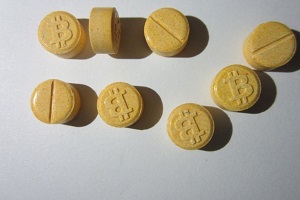
MDMA works by increasing the activity of three neurotransmitters in the brain: serotonin, dopamine, and norepinephrine. This results in heightened mood, increased energy, and a sense of emotional closeness with others. However, it’s important to be aware of the potential risks and side effects. Common side effects include dehydration, increased heart rate, and anxiety. To minimize these risks, it’s essential to stay hydrated, avoid mixing MDMA with other substances, and take breaks between uses.
Order MDMA Tablets: The Process Explained
Ordering MDMA tablets from Legit Pain Pills Online is a straightforward process designed with your convenience in mind. Our user-friendly website allows you to browse our selection of MDMA products, read detailed descriptions, and make informed choices. Once you’ve selected your desired product, simply add it to your cart and proceed to checkout. We offer secure payment options to ensure your personal information is protected. After your order is placed, our team works diligently to package and ship your MDMA tablets discreetly and efficiently.
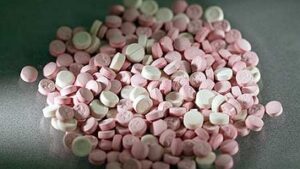
We understand the importance of discretion and privacy when ordering MDMA online. Our packaging is designed to be discreet, with no indication of the contents inside. Additionally, we offer various shipping options to suit your needs, including expedited shipping for those who require their order quickly. Our customer support team is available to assist you throughout the ordering process, ensuring a smooth and hassle-free experience.
Buy MDMA 100mg: Why Choose Legit Pain Pills Online?
When you buy MDMA 100mg from Legit Pain Pills Online with bitcoin, you are choosing a trusted source with a commitment to quality and customer satisfaction. Our products undergo rigorous testing to ensure purity and potency. We understand the importance of discretion, and our packaging is designed to protect your privacy. Additionally, our customer support team is always available to assist you with any questions or concerns you may have. Experience the peace of mind that comes with purchasing from a reputable online retailer.
Our commitment to quality extends beyond our products. We strive to provide exceptional customer service, ensuring that your experience with us is positive from start to finish. Our team is knowledgeable and responsive, ready to address any concerns or inquiries you may have. We also offer a satisfaction guarantee, allowing you to shop with confidence knowing that we stand behind our products.
MDMA Tablets Online: The Benefits of Online Shopping
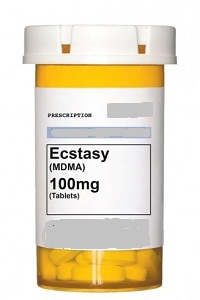
Shopping for MDMA tablets online offers numerous advantages over traditional methods. The convenience of browsing and purchasing from the comfort of your home cannot be overstated. Online shopping provides access to a wider selection of products, allowing you to find exactly what you need. At Legit Pain Pills Online, we strive to make your shopping experience as smooth as possible. Our detailed product descriptions and customer reviews help you make informed decisions. Plus, our discreet shipping ensures that your order arrives safely and privately.
Another benefit of buying MDMA tablets online is the ability to compare products and prices easily. With just a few clicks, you can explore different options and choose the one that best suits your needs and budget. Additionally, online shopping allows you to read reviews from other customers, providing valuable insights into the quality and effectiveness of the products. This transparency helps you make confident and informed purchasing decisions. Buy 180mg MDMA Capsules Online.
Purchasing MDMA 100mg tablets from Legit Pain Pills Online is a secure and reliable option. Our commitment to quality, discretion, and customer satisfaction sets us apart. Whether you are a seasoned user or new to MDMA, our platform provides the information and support you need for a positive experience. Start shopping today and discover the benefits of buying MDMA online with confidence.
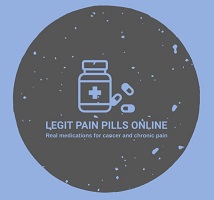
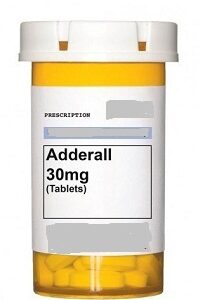
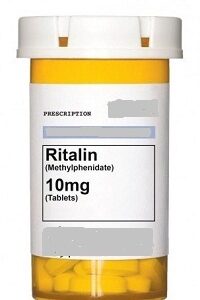
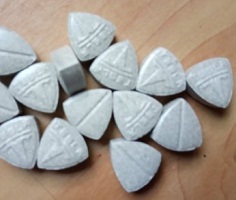
Reviews
There are no reviews yet.